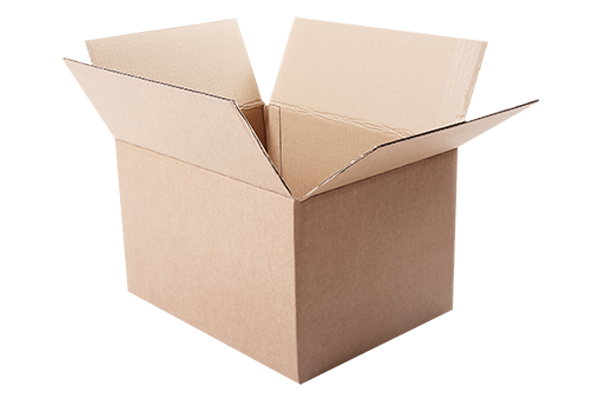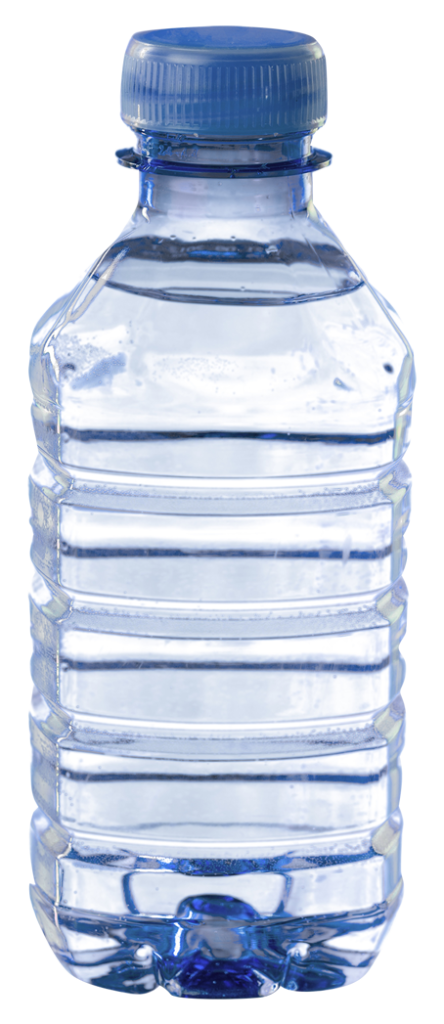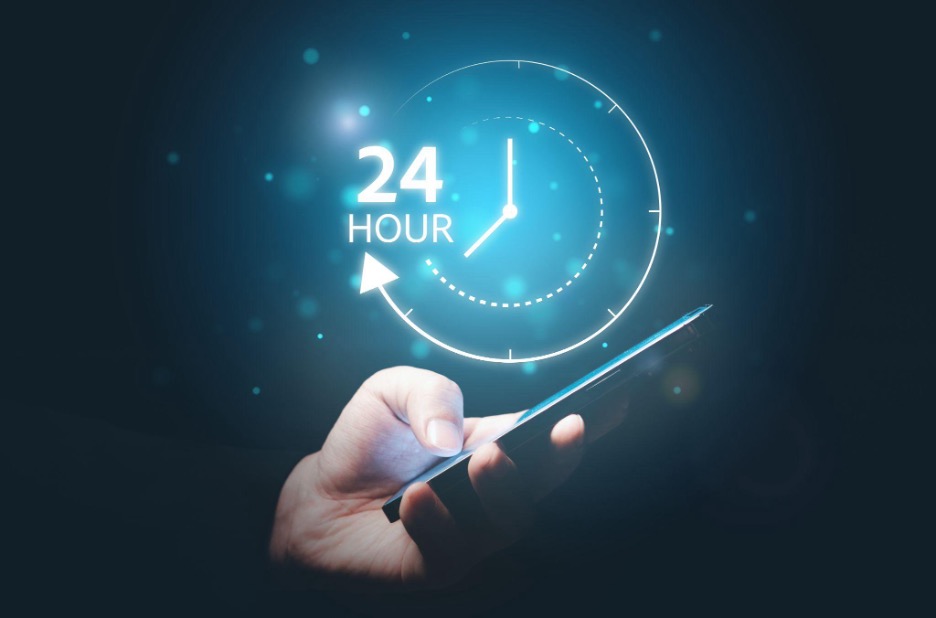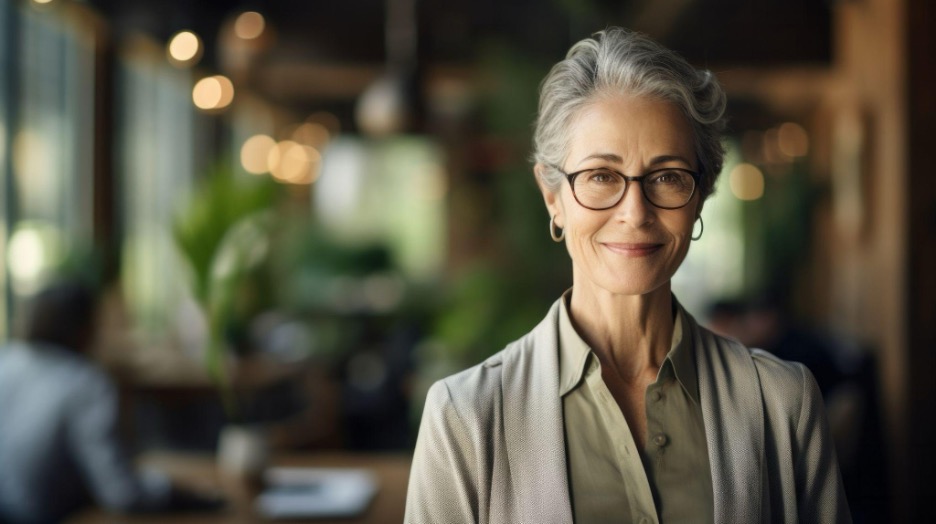The world of plastics recycling has a large potential that is not being fully utilized. Surprisingly, less than 10% of all plastic produced is getting recycled. This is a huge untapped resource and an opportunity for businesses and consumers alike to benefit society in a meaningful way with very little extra effort. At the scale of commercial companies this recyclable material can even generate a significant revenue stream.
Here are some facts about plastics that provide some perspective on its current use:
- The energy saved by recycling 1 plastic bottle cold power your computer for 25 minutes
- If you lined up all the polystyrene foam cups made in just 1 day they would circle the earth
- Incinerating 10,000 tons of waste creates 1 job, landfilling the same amount creates 6 jobs while recycling the same 10,000 tons creates 36 jobs
There are a wide variety of plastic types, and each has a Resin Identification Code (RIC), this is a number, usually on the bottom of the item, that indicates it’s recyclability. Often, local rules will dictate which items can be recycled, however the most common items that can be recycled, have the resin code of either 1 or 2.
What are common items made of recyclable plastics?
Recycling starts with identifying where recycling opportunities exist. It is very helpful to understand what common items use plastics that will likely be able to be recycled. Polyethylene (codes 1, 2, or 4) and Polypropylene (code 5) are the two most widely found plastics in use today. Code 1 and 2 items are usually recyclable everywhere, while code 4 or 5 plastics may be recyclable based on local rules and access to the right equipment for sorting and preparing the plastics.
Polyethylene
Polyethylene, PET or sometimes PETE is the world’s most common plastic (RIC code 1). It is lightweight, strong, and transparent. This is the plastic of water bottles and food packaging. Sometimes, if recycled PET has been incorporated into the finished product it may be marked as rPET.
PET is produced in three “weights”: high-density (HDPE, RIC Code 2), low-density (LDPE, RIC Code 4) and linear low-density (LLDPE, RIC code 4 also). The high-density version is the strongest of the three and is used in food packaging (think gallon milk jugs). It’s strength and resistance to moisture make it popular for lining beverage cartons, and such applications as pipes and plastic lumber, which can withstand years of weathering and exposure to the elements.
LDPE is a lighter, clearer, more flexible version of PET. This makes it suitable as a liner inside juice cartons, as well as for six-pack rings and plastic wrap. It is also found in the zip top type food storage bags and the produce bags you find at the grocery store.
LLDPE is tear and puncture resistant, and it also holds up well against chemical solvents. It is a suitable substitute for some LDPE applications, but also, covers, lids, buckets, containers, and cable jackets.
Polypropylene
Polypropylene (PP, RIC 5) is one of the most commonly used thermoplastics in the world. PP uses range from plastic packaging, plastic parts for machinery and equipment, and even fibers and textiles. It is a rigid, thermoplastic and is used widely today in a range of domestic and industrial applications.
PP is more heat resistant than some other plastics, making it ideal for use in food packaging and food storage that’s made to hold hot items or be heated itself. It is also UV and water resistant and durable. This makes it ideal for super sacks, for storage and transport of bulk loose material. It’s durability makes it suitable for protective corner boards in building construction to finish off the corner intersection of an interior wall.
Polypropylene has a slippery, tactile surface, making it ideal for plastic furniture and low friction applications, such as gears in machinery and vehicles. It is highly resistant to chemical corrosion, making it an excellent choice for packaging of cleaning products and bleaches, as well as first-aid products. It offers excellent fatigue resistance and elasticity as well as high insulation properties, making it suitable for plastic casing in electrical goods and cables.
It can be produced in the form of a fiber allowing its use as ropes, twine, tape, carpets, upholstery, clothing, and camping equipment. Its waterproof properties make it especially effective for the marine sector. In the automotive industry, PP is also used widely for battery casings, trays and drink holders, bumpers, interior details, instrumental panels, and door trims.
How to recycle commercial plastic waste
Plastic waste management is dependent, to some degree, on local regulations, so it is important to have a knowledgeable local partner to help set-up and manage a plastic recycling program. Based on the type of plastics and volume, Evergreen Recycling with facilities concentrated in the Dallas/Fort Worth area and with offices throughout Texas will work with you to customize their service to fit your needs. They also provide several types of containers to stage your material and develop a service schedule that works best for you. Evergreen companies sees all customers as partners, both in their business together, and in their effort to keep recyclables in circulation and out of landfills. This latter concept, called the “circular economy” refers to the continuous reuse of plastics rather than just diverting plastic waste to landfills as trash.
One of the unique aspects of the Evergreen philosophy is recycling “on demand”. Since they also operate their own truck fleet they are available as needed during business hours. Their three-step process couldn’t be any simpler:
- Contact Evergreen
- Typically, within 24 hours they come to you to pick up your plastics
- Within 45 days, they pay you for your recyclables
If you have been throwing away plastics and want to recycle instead, take advantage if this on demand recycling service. The next time you have a load of plastic-laden trash that you need removed call Evergreen Recycling.
There are many reasons to consider Evergreen/Sunbright for your waste management needs.
- They are the leading commercial and industrial recycling service provider in the Fort Worth/Dallas area, focusing on recycling and solid waste cost reduction programs!
- Evergreen/Sunbright is dedicated to designing programs that maximize your recycling revenue potential and reduce the cost of your solid waste.
- The company puts the customer’s needs first with timely, reliable service and cares about preserving our environment.
- Evergreen/Sunbright is a member of the State of Texas Alliance for Recycling (STAR) a 501c3 non-profit on a mission to advance recycling through partnerships, education, and advocacy for the benefit of Texas.








